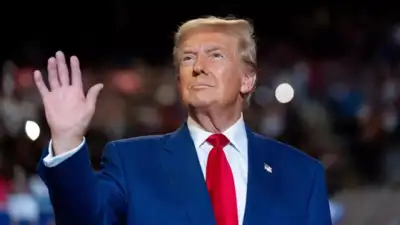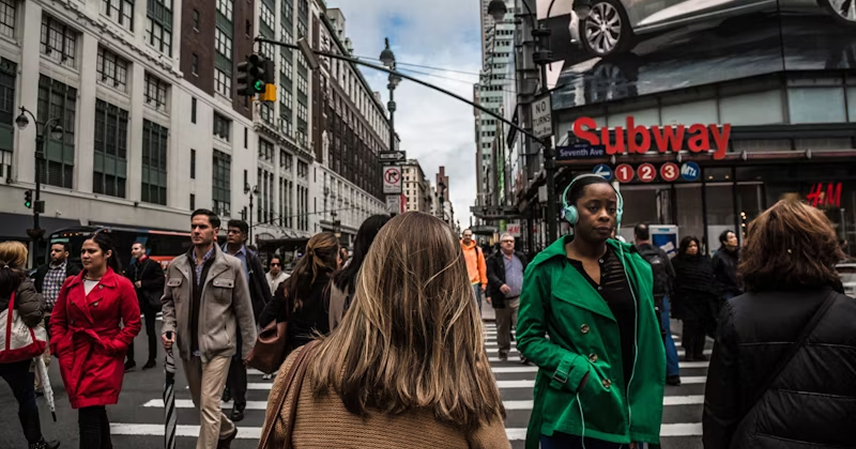Washington, D.C., May 28, 2025 — The Trump administration has temporarily suspended the scheduling of new student visa appointments at U.S. embassies and consulates worldwide, a move that has sparked concern among international students and higher education institutions.
The U.S. Department of State confirmed the decision this week, attributing the halt to “operational constraints,” including staffing shortages and logistical delays at overseas consular offices. The suspension affects new applicants for F-1 and M-1 visas, which are required for academic and vocational study in the United States.
“The Department is working to resume full visa services as quickly as conditions allow,” a spokesperson said in a brief statement, without offering a timeline for when appointments may resume.
Disruption for International Students
The announcement has upended plans for thousands of students around the world, many of whom were preparing to begin their studies in the U.S. this fall. Students from countries such as India, China, and Nigeria — which account for a significant share of U.S.-bound international students — have reported difficulty accessing consular services and are now facing potential delays in enrollment.
Educational institutions have also expressed alarm, noting the financial and academic consequences of the visa pause. According to data from the Institute of International Education, international students contributed approximately $33 billion to the U.S. economy in 2023 through tuition, housing, and related expenses.
“Delays in visa issuance can significantly impact enrollment, especially for graduate programs that rely heavily on international students,” said Dr. Elaine Morris, Director of International Affairs at a major U.S. university. “We are urging the administration to prioritize student visa processing to prevent long-term damage.”
Policy Criticism and Diplomatic Concerns
Critics of the administration have suggested that the suspension is part of a broader tightening of immigration policy. During Donald Trump’s previous term, several executive actions restricted entry for students and professionals from certain countries, citing national security concerns.
Foreign policy analysts warn that the current decision could strain relations with key countries and lead prospective students to consider alternative destinations such as Canada, the United Kingdom, and Australia, which have implemented more student-friendly visa policies.
“This move sends the wrong signal at a time when global competition for academic talent is intensifying,” said Rajiv Menon, an education policy expert based in Washington. “The United States risks losing its leadership in international education.”
Calls for Reinstatement
University associations and student advocacy groups have called on the State Department to expedite the resumption of visa services and consider exemptions for students with time-sensitive academic commitments.
In a joint letter addressed to the Secretary of State, several higher education bodies urged the administration to “uphold America’s commitment to academic openness and global engagement.”
The Biden campaign has not yet issued an official response to the suspension, but with the issue gaining traction among voters and stakeholders, political observers expect it to become a talking point in the coming weeks.
As of now, no date has been provided for when new student visa appointments will resume, leaving many prospective students in uncertainty ahead of the fall 2025 semester.



